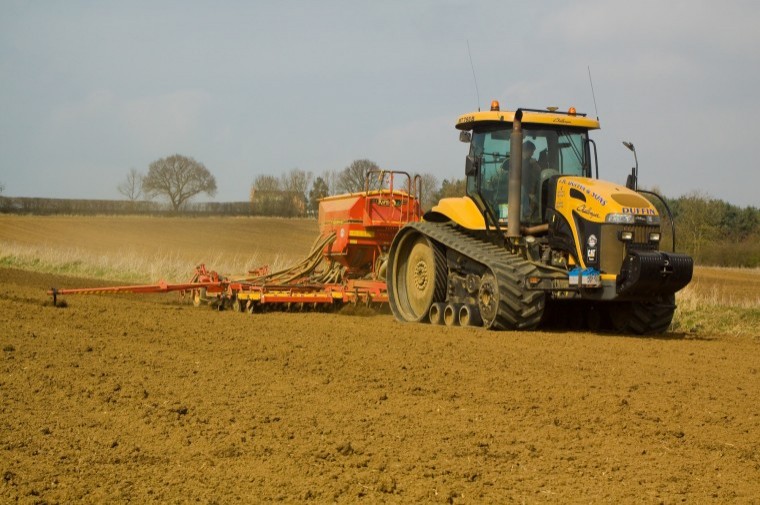The open autumn has meant that many growers have been able to delay planting their wheat and benefit from controlling early flushes of blackgrass. However , we envisage continued growth in spring plantings compared to 2016, with some varieties of spring barley proving popular and demand now starting to outstrip supply, says David Bouch, Hutchinsons seed manager .
“There will be challenges for OSR growers where winter OSR crops have been lost. The total area lost is somewhat difficult to ascertain. Some estimates say in excess of 70,000 ha, but it is safe to say that the hectares entered have seen a significant decline, due to both lack of moisture at the time of establishment and also to flea beetle damage where crops did survive.”
Spring barleys are the preferred option for those growers with black grass concerns, and there are many varieties that can be considered as viable options for this sector, he says.
“Propino will undoubtedly be the most widely grown and in turn could find seed supplies tight. Of the newer varieties, there will be increased interest in both RGT Planet and also Laureate where higher yield potential, coupled with initial support from the malting industry, offers encouragement. Agronomically both varieties also offer the possibility for cleaner crops.”
“KWS Irina offers opportunity in different markets and again demonstrates good untreated yield, coupled with very stiff straw. There will still be a place for Concerto and Odyssey which both have malting and distilling potential. Finally, in the west where feed barley and a need for straw are more pressing, then Kelim has been a consistent performer.”
“Spring wheats are very individual choices and if milling is the requirement there is little need to look further than Mulika – whilst out yielded by all the other spring varieties, it is the only variety to offer group one milling qualities. It also possesses OWBM resistance along with Belvoir. “
“KWS Kilburn offers the greatest yield potential for growers looking to keep things simple in terms of storage, if hard wheats are already in the farm rotation.”
Mr Bouch notes that there is the potential to see a growth in spring oilseed rape on the back of high market values for the crop at harvest 2017. “Varieties Builder, Dodger and Doktrin can be considered as options. Hybrid has to be the choice, with the necessary vigour needed for successful establishment.”
He believes Linseed could also see some interest, as contract prices currently look more attractive than they have in recent seasons.
“Peas and beans are likely to be in reasonably tight supply with yields from harvest 2016 being disappointing and therefore, for those growers who are looking to plant after failed OSR crops, there may be a need for early decision making to acquire varieties of choice. “
“Beans will undoubtedly be Fuego, Fanfare and Vertigo as the standard bearers, but there will be some interest in the new variety Lynx that has the best downy mildew resistance of any variety currently available.”
“The choice in peas – Prophet and Campus – offer both yield and quality as large blues, with Campus in particular having excellent standing ability to enhance its claims for consideration.”
Mr Bouch warns that supplies of seed for several popular varieties are likely to run short, and advises growers to act promptly in order to secure their most preferred options.




